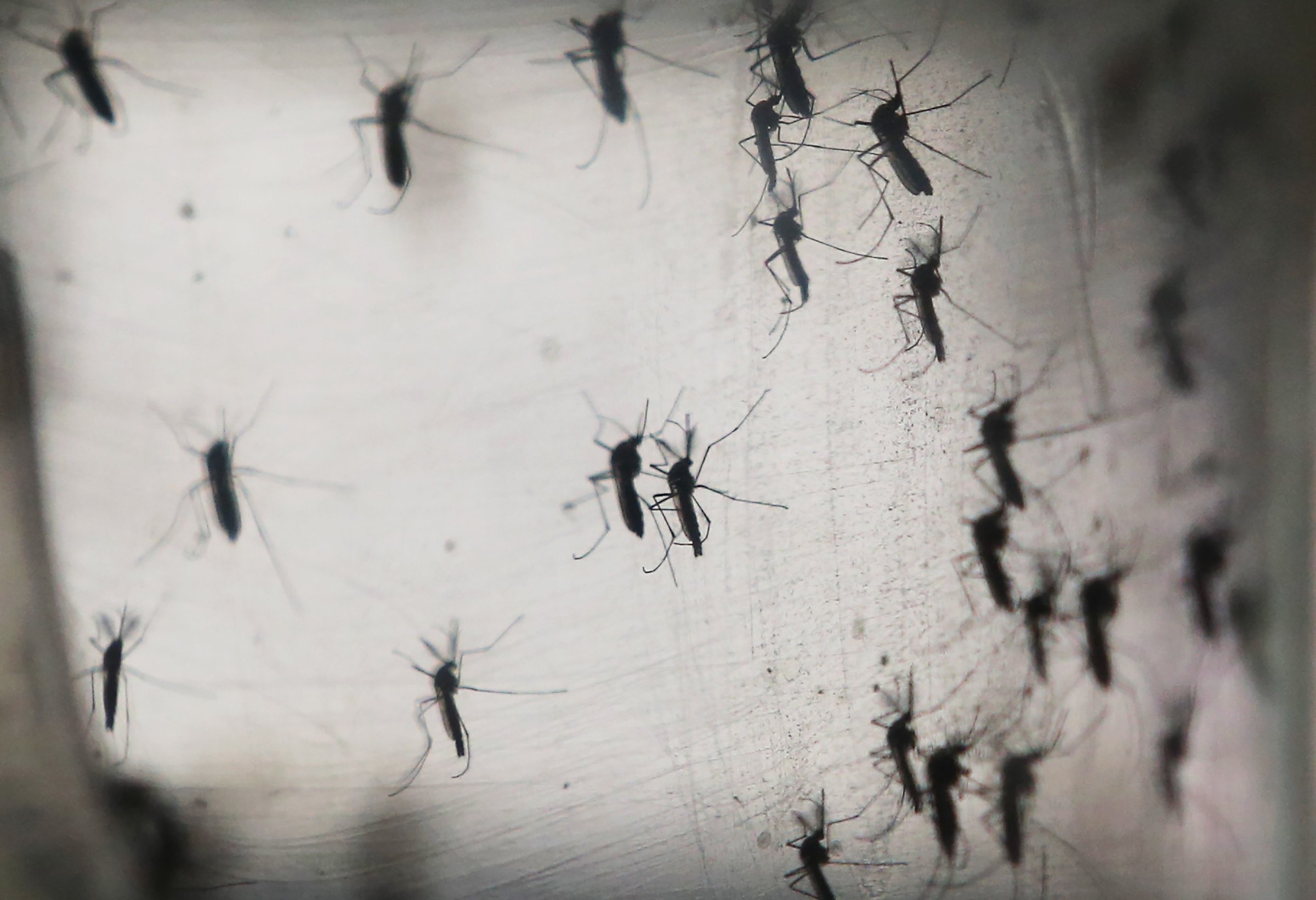
For such a tiny creature, mosquitoes have caused humans untold misery for millennia. The insect, which measures no more than a few millimeters in length, has killed tens of millions of human beings by spreading deadly diseases like malaria and dengue fever with its bite. The Zika virus, which scientists believe may be causing severe birth defects in newborn children whose mothers had been infected, is the latest mosquito-borne illness to strike fear in the public as it explodes through Latin America and threatens the U.S.
Read More: U.S. Launches ‘Full-Court Press’ on Zika Vaccine
But if mosquitoes have been killing human beings, human beings have long been doing the same—with varying levels of success. Now scientists say new methods of genetically modifying mosquitoes may help humans finally win the war on the pests. New gene-editing methods already tested in labs can eliminate mosquitoes ability to spread disease, while others can keep the insects from reproducing.
“We can build these things. It’s a question of what we want to do,” says Anthony James, a professor of microbiology and genetics at the University of California, Irvine. “We’re in a new era because we have these new tools.”
Humans have tried to protect themselves against the scourge of mosquitoes for centuries. Ancient Egyptians are said to have slept under nets to avoid the insects, which feed at night. Native Americans applied mud and plants to their skin to keep the bugs away. But none of the methods stopped or even slowed mosquitoes wholesale. Mosquitoes, which feed on blood sucked from other species, can carry disease more effectively than most other insects.
Read More: We’ve Neglected Diseases Like the Zika Virus for Too Long
Efforts to protect against mosquitoes ramped up in the twentieth century. Allied forces during World War II brought the insecticide DDT, originally discovered in the 1870s, into use to combat the bugs carrying malaria and other diseases. Soon after the war farmers began to apply the chemical to their crops to kill pests, including mosquitoes.
But DDT only went so far. For one, insects developed a resistance to the chemical, making it less effective over time—something that often happens with pesticides. And, while DDT may protect humans from malaria and other diseases carried by mosquitoes, the chemical turned out to have dangerous side effects, raising the risk of cancer. Environmental health authorities in the United States, the United Kingdom and elsewhere banned DDT decades ago. (The chemical can still be used in the U.S. to address emergency health crises). Some countries—largely in the developing world—still use the pesticide to combat the spread of malaria.
Now scientists say pesticides may no longer be necessary thanks to genetic modification. One method, known as population modification, allows researchers to edit out the part of the mosquito genome that can carry infections disease. Researchers successfully used the genetic modification technology known as CRISPR last fall to keep mosquitoes in a lab from being able to spread malaria. The technique could easily applied outside the lab, according to James, one of the study co-authors. Mosquitoes would still exist—and they’d still bite—but the chain of transmission for malaria would be broken.
See the Impact of Zika in Brazil
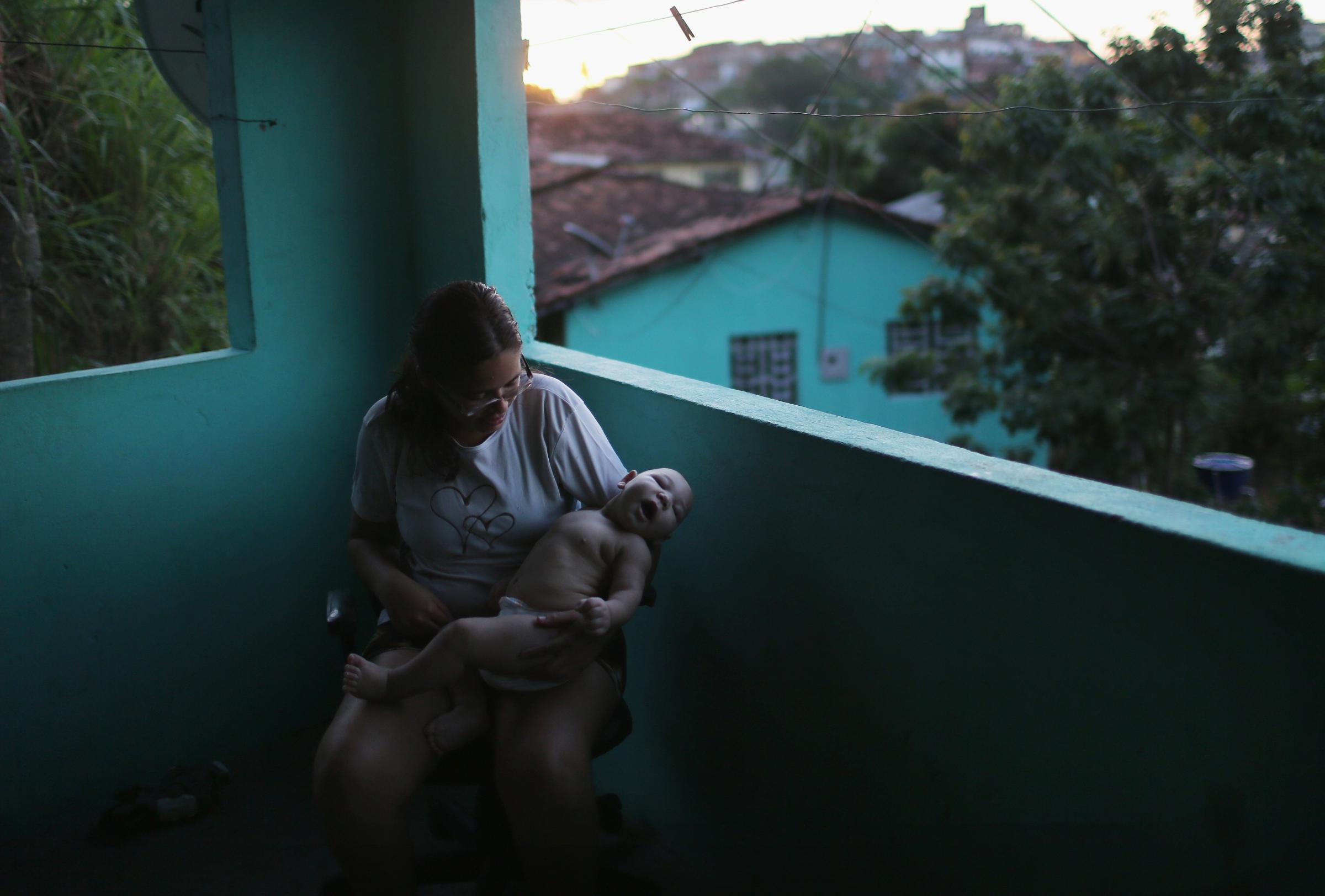
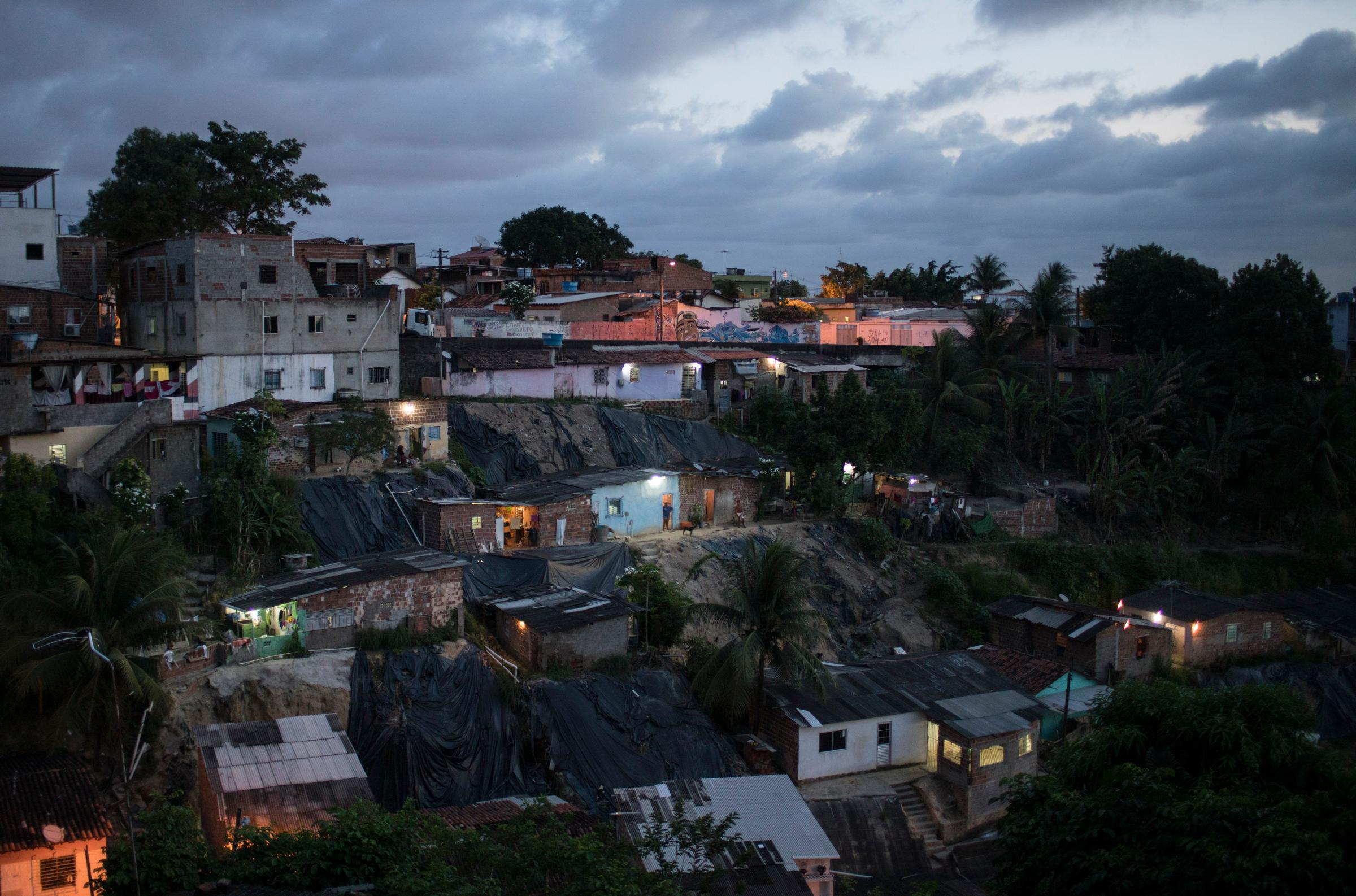
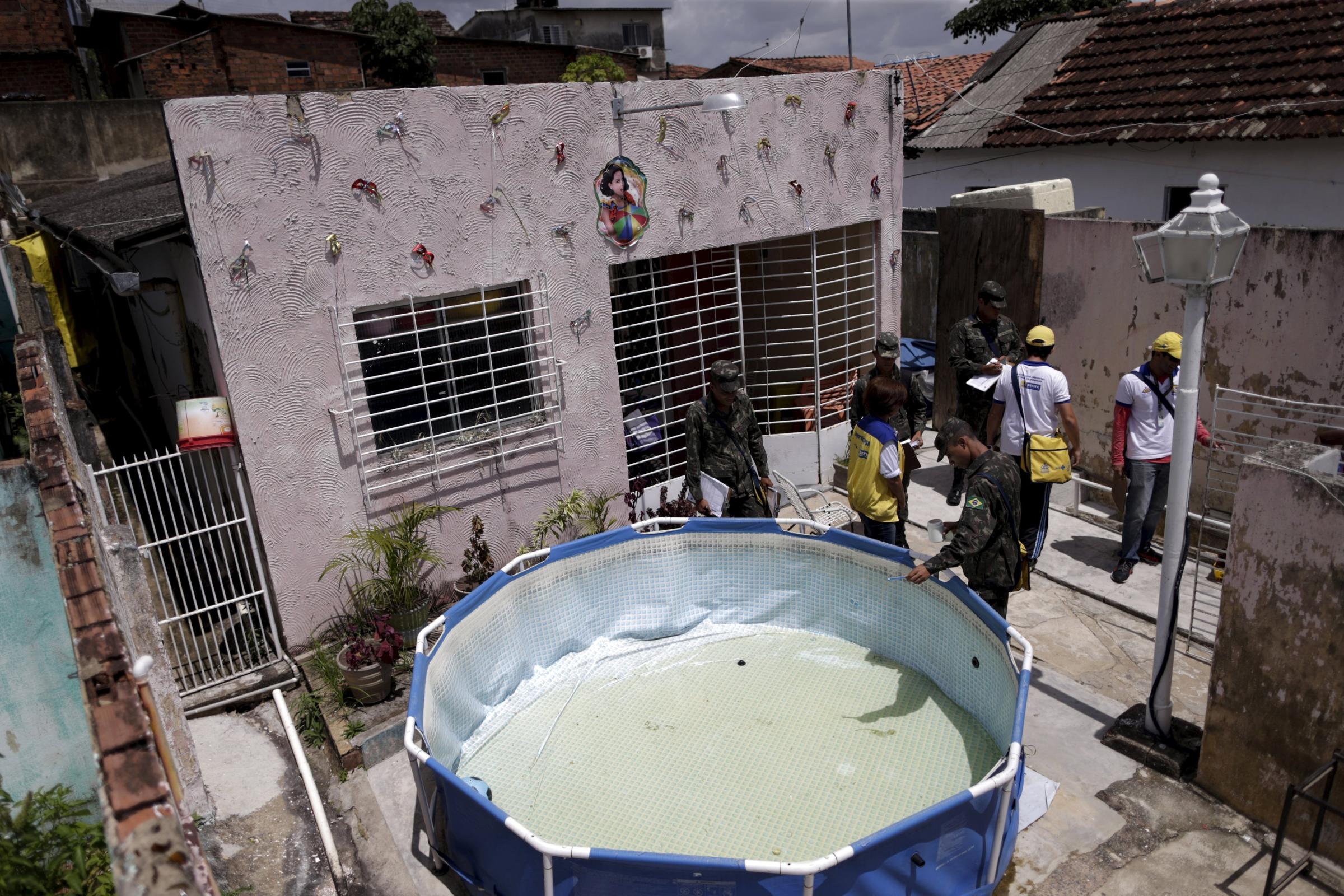
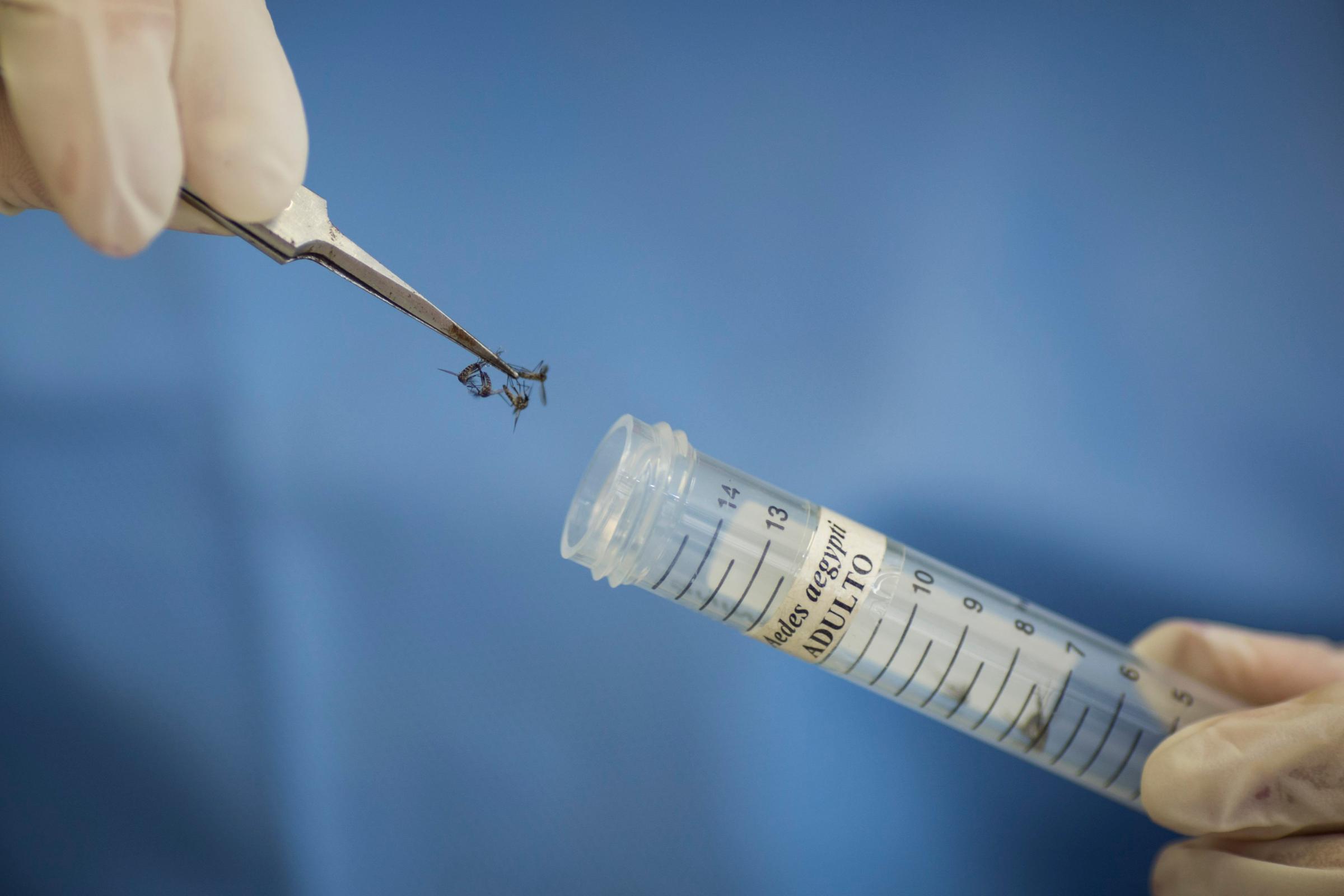

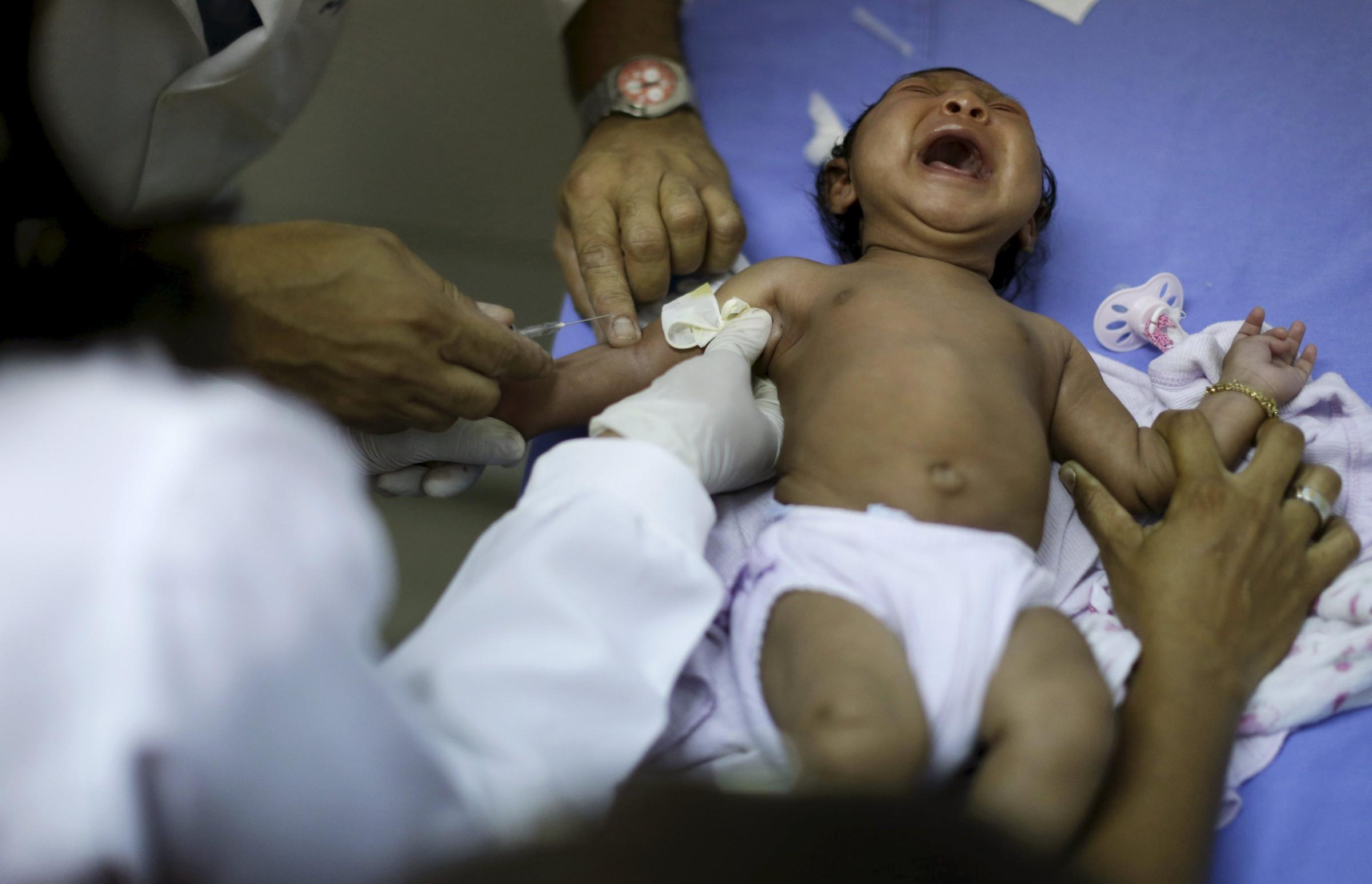
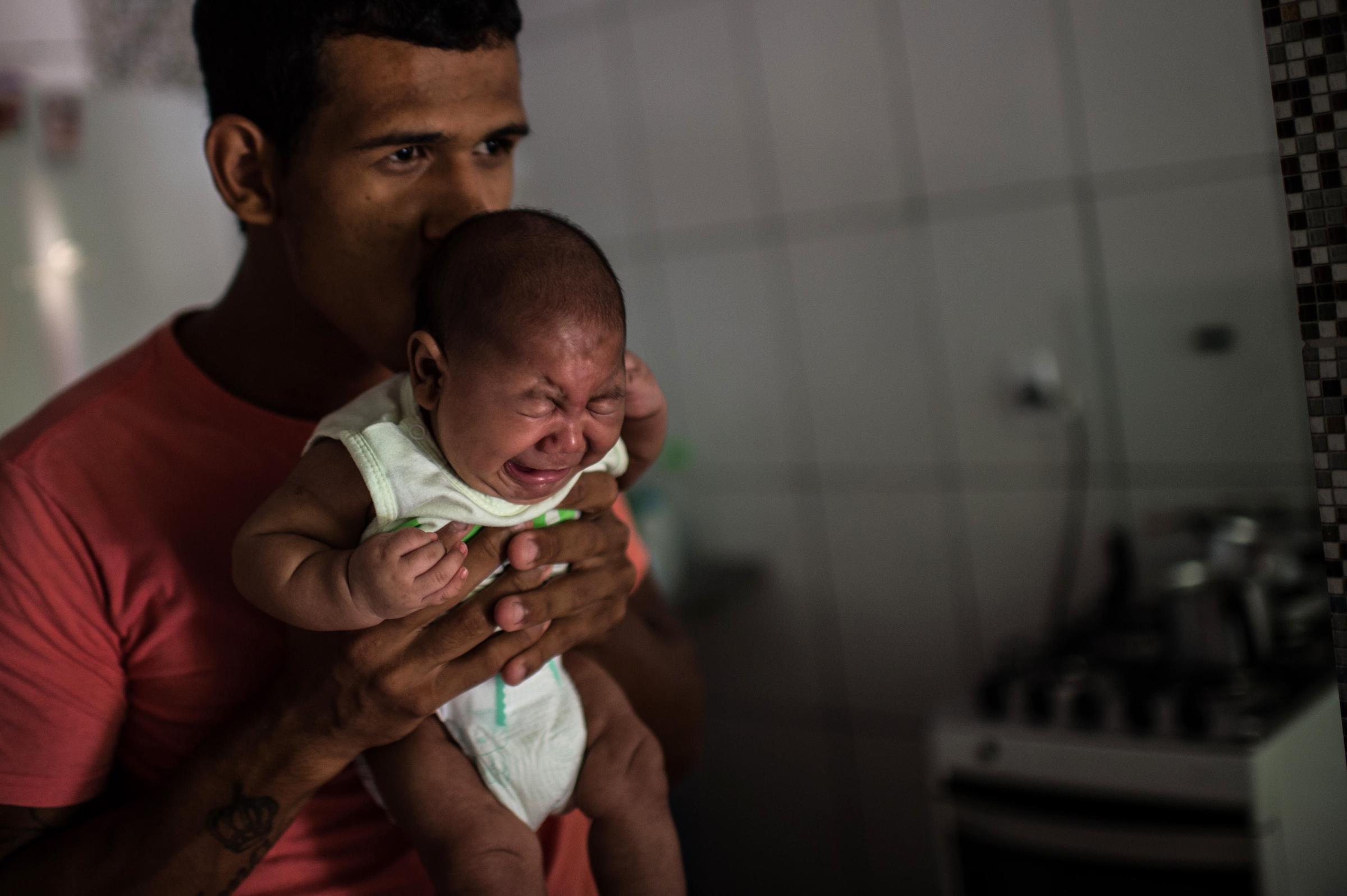

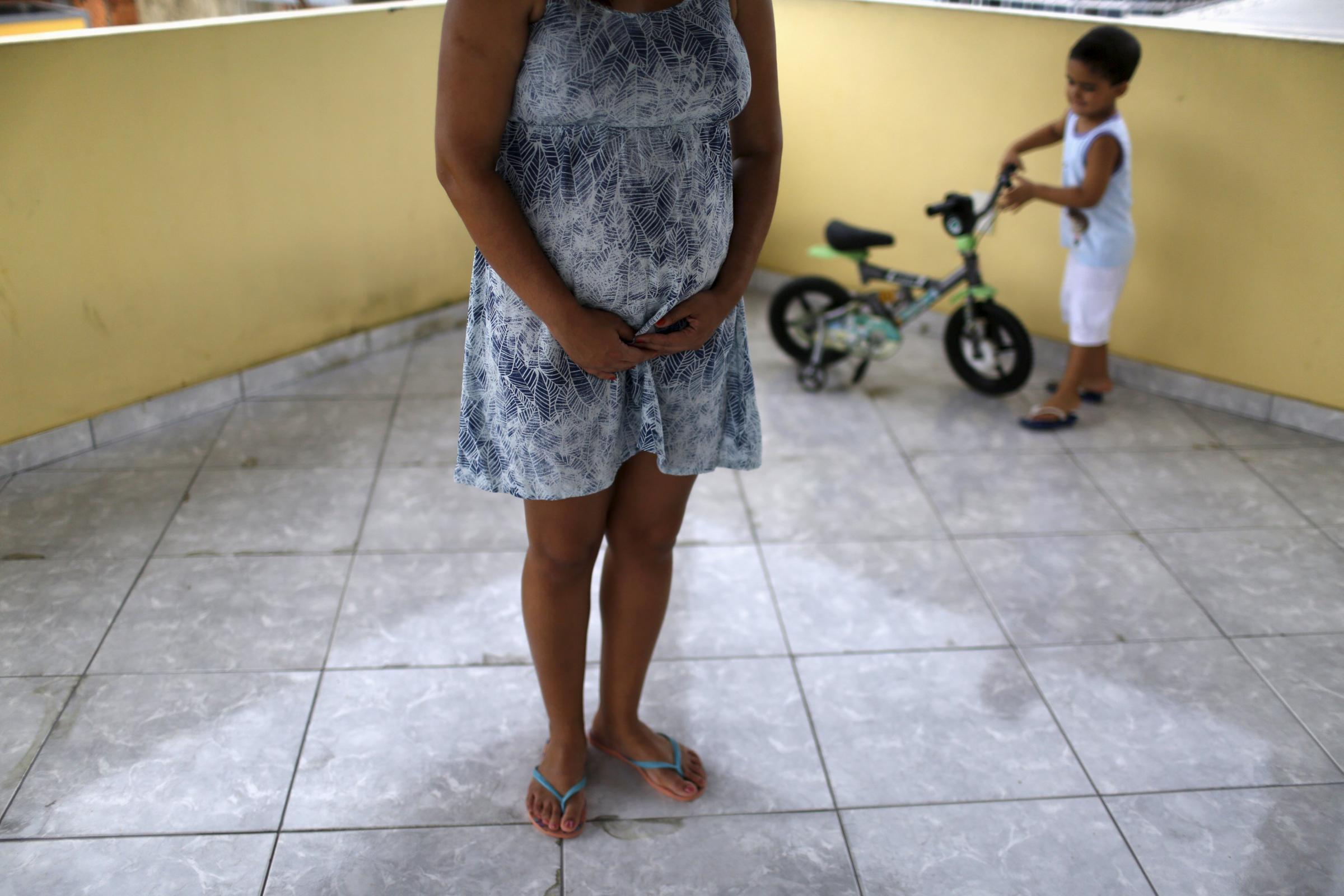
Another method, known as population suppression, would likely be more effective to combat Zika. The species of mosquito that carry the Zika virus also carry a slew of other dangerous pathogens, including dengue, chikungunya and yellow fever. Population suppression aims to wipe out an entire mosquito population from a given area introducing male mosquitoes modified to be sterile. Birth rates will decline when the modified males mate with females in the wild. That method has been proposed in Florida as well as other areas around the world where mosquitoes are considered invasive species. (Areas where mosquitoes aren’t endemic aren’t as likely to face serious damage to native ecosystems if the mosquitoes are removed.)
“The mosquito that transmits Zika, it also transmits dengue, chikungunya. And it lives in close association with humans,” said Thomas Scott, a professor at the University of California, Davis. “If we could do something to control it, we could have impact across all these different diseases.”
Skeptics warn that genetic modification has never been tried at such a large scale in the wild and they fear it may cause unforeseen consequences in other species. Scientists argue that such runaway side effects are unlikely given the way in which they’ve narrowly tailored their gene editing work. But that response hasn’t quelled opposition. Indeed, many genetic modification projects, including the Florida project, have been held up out of public concern.
But even if and when genetic modification becomes more widespread, scientists say it should be just one piece of a comprehensive set of measures to combat the transmission of mosquito-borne illness. “Combining different approaches — that’s the direction we need to go,” he said. “There’s not a one size fits all approach.”
More Must-Reads from TIME
- Donald Trump Is TIME's 2024 Person of the Year
- Why We Chose Trump as Person of the Year
- Is Intermittent Fasting Good or Bad for You?
- The 100 Must-Read Books of 2024
- The 20 Best Christmas TV Episodes
- Column: If Optimism Feels Ridiculous Now, Try Hope
- The Future of Climate Action Is Trade Policy
- Merle Bombardieri Is Helping People Make the Baby Decision
Write to Justin Worland at justin.worland@time.com